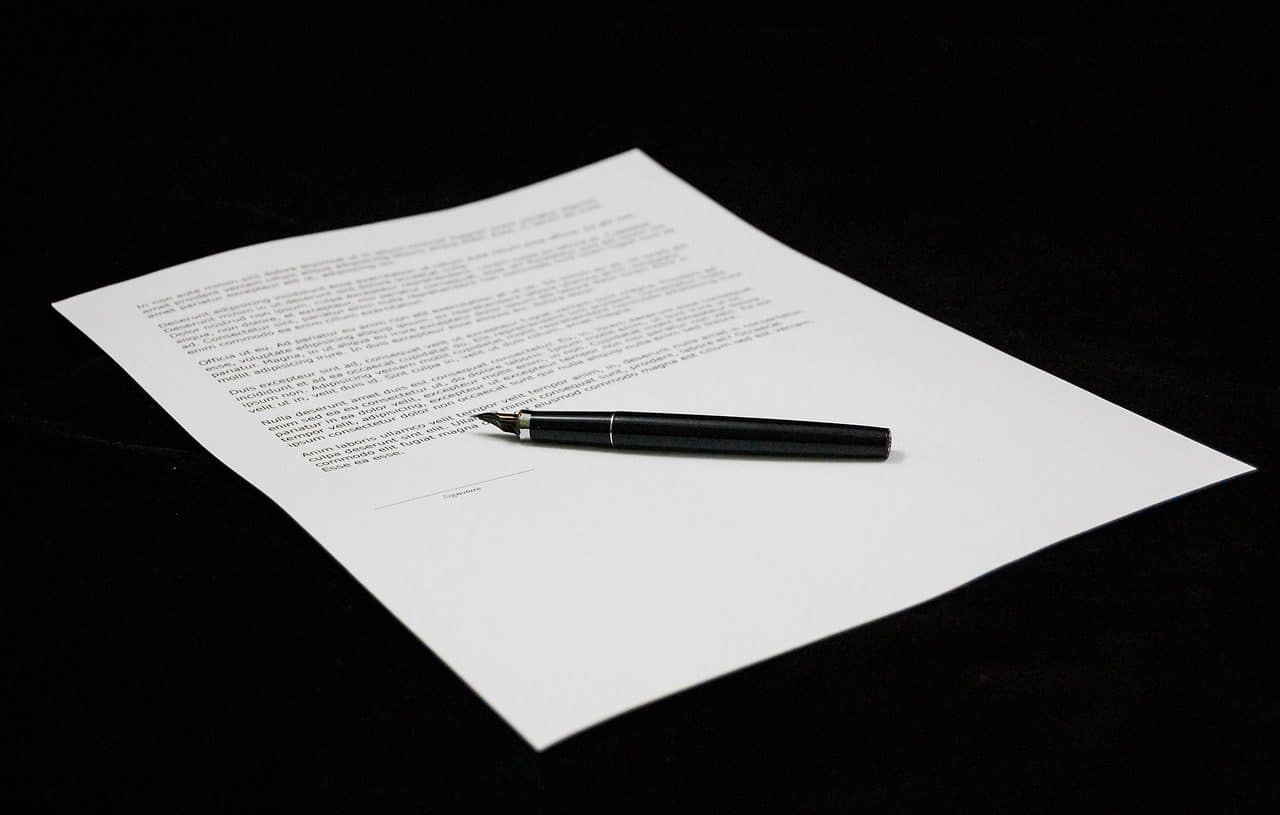
A safe conduct is a document that grants authority so that an individual can circulate through a region without being interrupted.
A safe conduct is a document granted by a ruler or an authority so that a person can circulate through a certain region without having their passage interrupted for any reason.
Safe conducts were common in ancient times. The monarchs gave them to their emissaries so that they would be able to tour the kingdom with complete freedom . These documents were sometimes also delivered to the monarchs of other kingdoms to request protection and protection from those who had safe conduct.
A king, in this way, could grant safe conduct to a merchant so that he could move freely through the kingdom, carrying his merchandise without anyone being able to demand payment of a tribute or impose other requirements.
Safe conduct today
Currently, some countries also consider the possibility of granting safe passage to certain citizens. Colombia , for example, provides a safe passage to foreigners who, in an exceptional situation, need to stay on national soil or depart from it.
In the case of Colombia , the safe-conduct is a document whose validity is temporary . It is issued by the Special Migration Administrative Unit and allows an individual to avoid an irregular situation during their stay in the nation , until they manage to resolve their stay or departure from the national territory.

Colombia is a country that currently grants safe passage.
The case of Chile
In Chile , the person who moves has to request a safe conduct from a notary. This document is essential to change address and must record both the address that is abandoned and the address that will be the subject's new residence.
The request for a safe conduct permit to move house can be carried out at the civil registry or notary office of the commune of residence and its validity only lasts five days from its extension ; It is very important to take this into account to present it on time. On the other hand, it is mandatory to request it a maximum of 24 hours before the change of address , another point to consider to avoid problems with the law.
Until November 2007 , the institution responsible for delivering the safe-conduct to move in Chile was Carabineros de Chile (the uniformed police, whose origin took place in April 1927 ); However, since then it must be requested from the organizations mentioned in the previous paragraph. The law requires that a sworn declaration be made before a notary to record the details of the move, something that is not common in many other countries; It must also be verified that the declarant has no contractual, judicial or legal impediment to making the change of address.
To obtain this safe passage it is necessary to have a well-defined list of documents. Owners must present:
- A photocopy of the deed . Failing that, you have the option of providing proof of payment of contributions or a domain title on which your name appears.
- Your identity card.
- Tenants must present a significantly larger number of documents, which are detailed below.
- Written authorization from the owner, in which the agreement regarding the transfer must be recorded.
- Photocopy of the owner's identity card.
- Photocopy of the rental contract.
- In the case of tenants through a property broker, they must also have the corresponding document (it should be noted that in these contracts there is a third party who mediates between both parties, owner and tenant, and who receives a commission for their work).
- The last rent receipt, the one corresponding to the month prior to the time of move-in.
- In buildings or condominiums, it is also necessary to present a certificate that certifies the absence of late payment in common expenses.
- Receipts for basic services , such as water and electricity.
